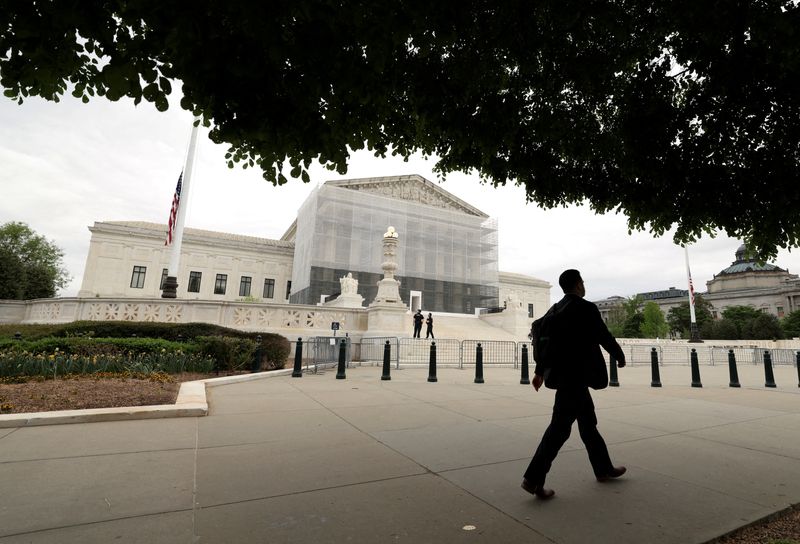Faith, Funding, and Controversy: Supreme Court Weighs Landmark Religious School Case

In a landmark legal battle that could reshape the landscape of religious education in America, the U.S. Supreme Court is poised to hear arguments Wednesday that could potentially establish the nation's first taxpayer-funded religious charter school in Oklahoma.
The case centers around St. Isidore of Seville Catholic Virtual School, a proposed educational institution that has sparked intense debate about the boundaries between religious freedom and state-funded education. Two Catholic dioceses are challenging a lower court ruling that previously blocked the school's establishment, seeking to create a precedent that would allow religious charter schools to receive public funding.
At the heart of the controversy is Oklahoma's unique charter school framework, which legally classifies these institutions as public schools funded by state government resources. The proposed school and its supporting state school board argue that their initiative represents a groundbreaking approach to educational diversity and religious expression.
This Supreme Court hearing represents a critical test of religious rights and the constitutional principle of church-state separation, with potential implications that could extend far beyond Oklahoma's borders. Legal experts and education advocates are watching closely, recognizing that the court's decision could fundamentally alter the landscape of public education in the United States.
